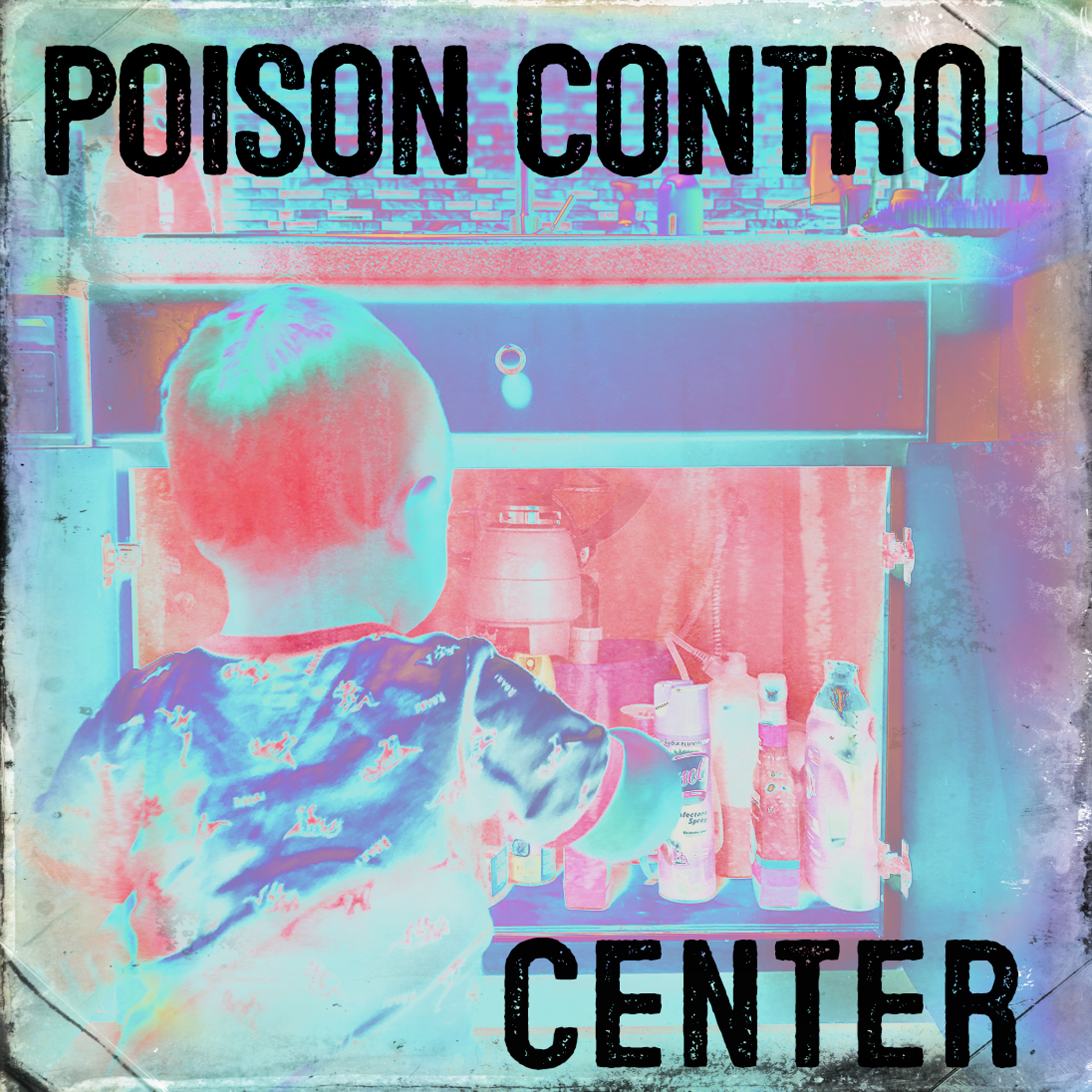

Return the products to a childproof cabinet as soon as you are done with them.
Do not leave household products out after using them. If you are using chemical products or taking medicine and you have to do something else, such as answer the phone, take any young children with you. Never leave children alone with household products or drugs. Safely dispose of prescription drugs by participating in the National Prescription Take Back Day. When you take medicines yourself, do not put your next dose on the counter or table where children can reach them. Do not let guests leave drugs where children can find them, for example, in a pillbox, purse, backpack, or coat pocket. Be aware of any legal or illegal drugs that guests may bring into your home. Avoid taking medicine in front of children because they often copy adults. Turn on a light when you prepare medicines for children so you know you have the correct amount of the right medicine. Keep all drugs in medicine cabinets or other childproof cabinets that young children cannot reach. #POISON CONTROL FREE#
Calls are free and the line is open 24 hours a day, 7 days a week. Put the Poison Control Center number, 80, on or near every home telephone and save it on your cell phone. Women's Cancer Screening (Women's Health Check) The Mississippi Poison Control Center is available 24 hours per day, each day of the year, to assist callers from the general public and/or the healthcare.Alzheimer’s Disease and Related Dementias.Per and Polyfluoroalkyl Substances (PFAS).Women's Health, Fit & Fall, Quit Smoking.Medicaid for Elderly or Disabled Adults.Medicaid for Children with Disabilities.

Supplemental Nutrition Assistance Program (SNAP).Temporary Assistance for Families in Idaho (TAFI).Coming in contact with poisons can cause immediate illness or injury or take hours, days, or even years with long-term exposure. Aid to the Aged, Blind, and Disabled Cash Assistance (AABD) Poisoning, according to the Centers for Disease Control and Prevention (CDC), occurs when people drink, eat, breathe, inject, or touch enough of a chemical (poison) to cause illness or death.Child and Family Services and Foster Care.Death, Stillbirth, and Miscarriage Records.These include carefully reading the patient information leaflet that comes with your medicine and making sure that any poisonous substances are locked away out of the sight and reach of your children. There are several things you can do to reduce your or your child's risk of poisoning. Snakes and insects, such as wasps and bees, are not poisonous, but their bites or stings can contain venom (toxin). alcohol, if an excessive amount is consumed over a short period of time ( alcohol poisoning).Find your local poison center to get fast and free help with poison questions and explore regional resources.

You can call from anywhere in the United States and many territories.
poorly prepared or cooked food, and food that's gone mouldy or been contaminated with bacteria from raw meat ( food poisoning) The national, toll-free Poison Help line, 1-80, connects you to your local poison center and is your resource for help in a poisoning emergency. certain types of household chemicals and pesticides. This can include both over-the-counter medicines, such as paracetamol, and prescription medicines, such as antidepressants. Poisons can be swallowed, absorbed through the skin, injected, inhaled or splashed into the eyes.Īn overdose of medicine is the most common form of poisoning in the UK. Poison centers may also include a clinical treatment unit and/or a laboratory that can provide toxicological analyses (WHO, 2021). Read more about what to do if you think someone has been poisoned. Most people admitted to hospital because of poisoning will survive. In serious cases, it may be necessary for the person to stay in hospital for treatment. If they're showing signs of being seriously ill, such as being sick, loss of consciousness, drowsiness or seizures (fits), call 999 to request an ambulance or take the person to your local A&E department. If they do not appear to be seriously ill, call NHS 111 for advice. If you suspect that someone has taken an overdose or has been poisoned, do not try to treat them yourself. If a child suddenly develops these symptoms, they may have been poisoned, particularly if they're drowsy and confused. The symptoms of poisoning will depend on the type of poison and the amount taken in, but general things to look out for include: There are several thousands of cases in England each year where people intentionally poison themselves as a deliberate act of self-harm. Most cases of poisoning happen at home, and children under 5 have the highest risk of accidental poisoning. Poisoning is when a person is exposed to a substance that can damage their health or endanger their life.







 0 kommentar(er)
0 kommentar(er)
